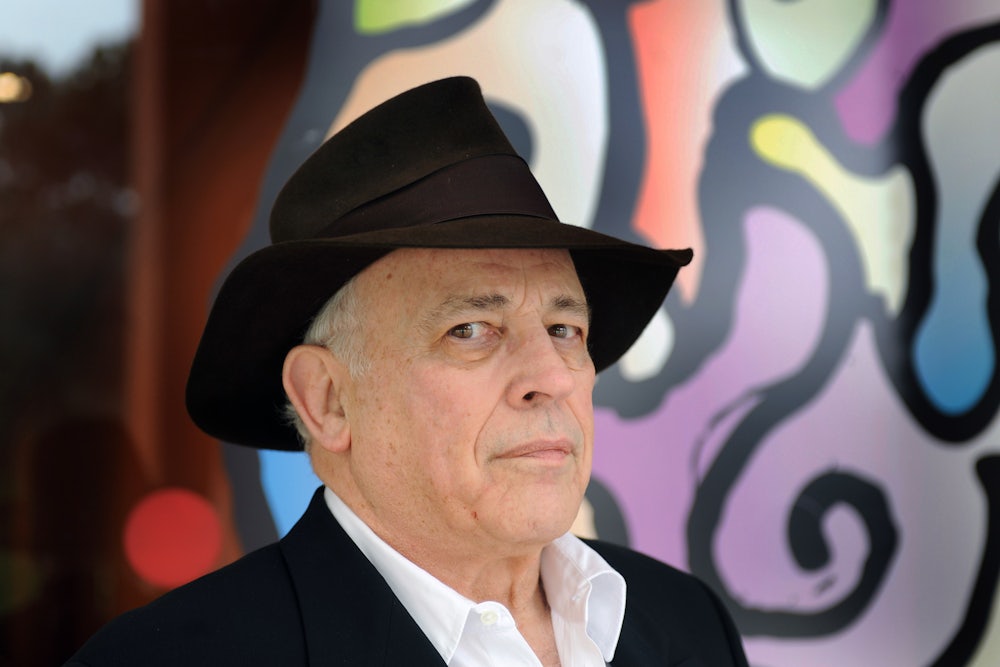If you are an accomplished science or technology writer, your books are probably handled by the most powerful literary agency in the field: the famous Brockman Inc., started by John Brockman and now run by Max Brockman, his son. As it happens, Max is also my agent—and has been since my first book was sold in 2009. As agencies go, I only have positive things to report: The Brockmans fight for their authors and get us very handsome advances. That’s what agents are for.
But that’s not the whole story. John is also the president, founder, and chief impresario of the Edge Foundation, which has earned a stellar reputation as an eclectic platform for conversations that involve scientists, artists, and technologists. There is more than one Edge Foundation, though: There is the one meant for public consumption, with its “annual question”—e.g. “What are you optimistic about?”—answered by famous intellectuals and thinkers; and one meant for private consumption by members of Brockman’s elite network. The former exists primarily online. The latter has a vibrant real-life component, with sumptuous dinners, exclusive conferences, and quite a bit of travel on private jets—it functions as an elaborate massage of the ego (and, apparently, much else) for the rich, the smart, and the powerful.
Over the course of my research into the history of digital culture, I’ve got to know quite a lot about John’s role in shaping the digital—and especially the intellectual—world that we live in. I’ve examined and scanned many of his letters in the archives of famous men (and they are mostly men), such as Marshall McLuhan, Stewart Brand, and Gregory Bateson. He is no mere literary agent; he is a true “organic intellectual” of the digital revolution, shaping trends rather than responding to them. Would the MIT Media Lab, TED Conferences, and Wired have the clout and the intellectual orientation that they have now without the extensive network cultivated by Brockman over decades? I, for one, very much doubt it.
Lately, John has been in the news for other reasons, namely because of his troubling connections to Jeffrey Epstein, the so-called financier who reportedly hanged himself earlier this month while facing federal charges of sex-trafficking. Epstein participated in the Edge Foundation’s annual questions, and attended its “billionaires’ dinners.” Brockman may also be the reason why so many prominent academics—from Steven Pinker to Daniel Dennett—have found themselves answering awkward questions about their associations with Epstein; they are clients of Brockman’s. Marvin Minsky, the prominent MIT scientist who surfaced as one of Epstein’s island buddies? A client of Brockman’s. Joi Ito, the director of the elite research facility MIT Media Lab, who has recently acknowledged extensive ties to Epstein? Also, a client of Brockman’s. (more...)
#Epstein and the Edge.— Barbara Roberts (@NotUnderBondage) September 7, 2019
Excellent research by @CathyCathyFox
pls RT as Cathy's twitter is restricted for a week. https://t.co/WIgZb4z5d5

No comments:
Post a Comment